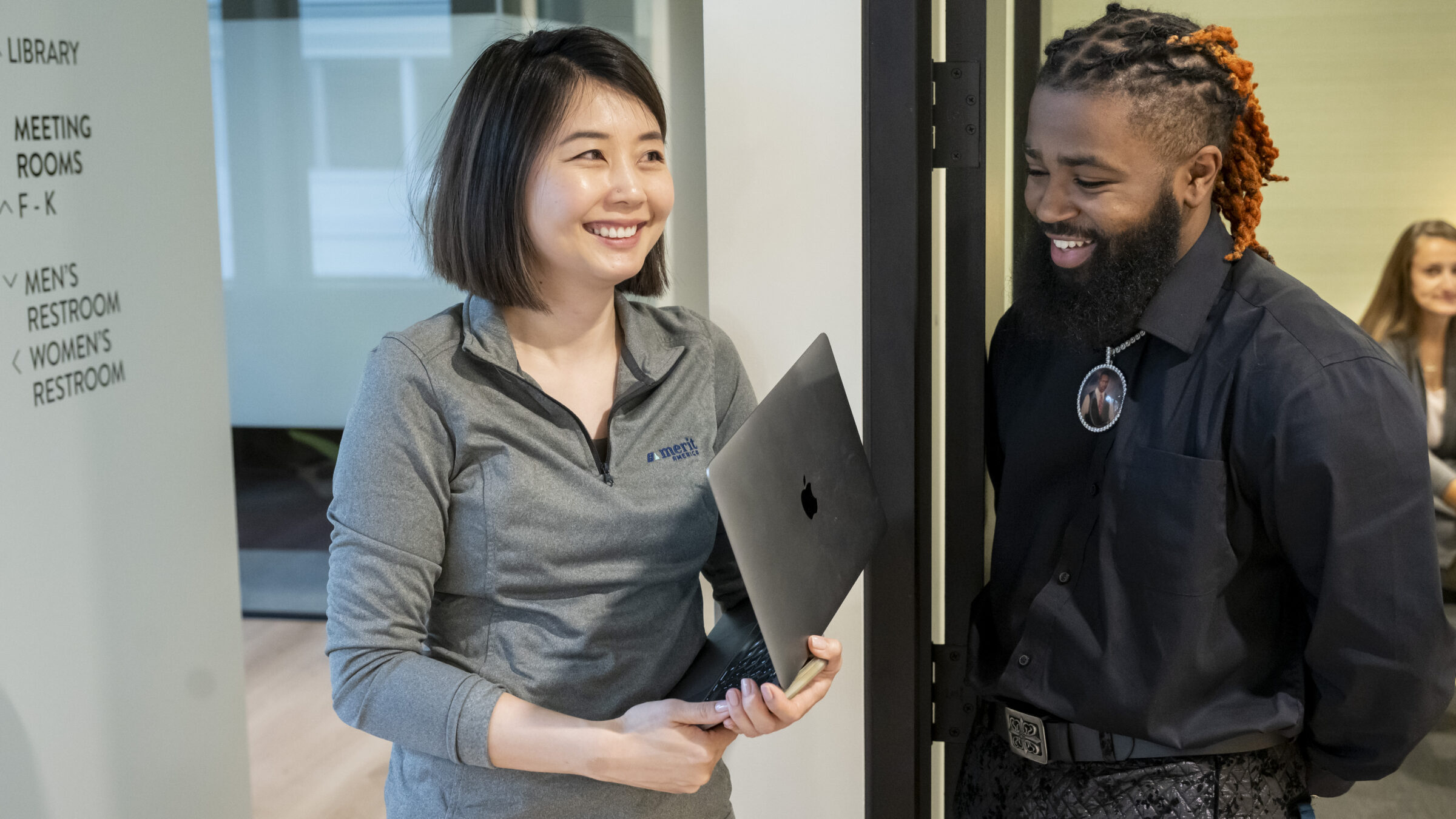
Returning to work after a career break isn’t just about dusting off your resume – it’s about stepping into a new chapter of your professional life, enriched by the experiences and skills gained during your break. Your break has likely brought fresh perspectives and skills, and now is the time to harness those and create a career that truly aligns with your goals. This step-by-step guide is designed to help you successfully reintegrate into the workforce and align your career with your goals.
What is A Career Break?
A career break is any period when you are not working professionally, which can be taken for various reasons, such as caring for a loved one, becoming a stay-at-home parent, traveling, or pursuing entrepreneurial endeavors.
Despite the gap in formal employment, individuals often gain valuable skills and experiences during this time that can be beneficial when reentering the workforce.
Why It’s Important to Prepare Before Returning?
Preparing for your return to work is crucial as it allows you to transition smoothly and confidently into your new role. This preparation involves assessing your current skills, updating your resume, expanding your professional network, and staying informed about industry trends. By doing so, you position yourself as a strong candidate ready to contribute effectively to your next employer.
Tips on Returning To Work
Refresh your resume
- Update Your Skills: It’s crucial to highlight any new skills you’ve acquired during your break. Whether it’s through formal training, volunteering, or personal projects, these skills can significantly enhance your resume and make the transition back to work smoother.
- Address the Gap: If you feel comfortable, briefly explain the reason for your career break. A simple phrase like “personal leave” or “family leave” is often sufficient. If you want to elaborate, a cover letter is the perfect place.
- Quantify Your Impact: It’s important to include any relevant accomplishments from your break. Even if it wasn’t paid work, describing your impact in volunteering activities, such as “Managed a team of 10 volunteers for a community project” or “Raised $5000 for a local charity event,” can demonstrate your value and commitment to potential employers.
- Proofread Carefully: A polished resume is essential. Ask a friend or use online tools to catch any errors.
The Muse Resume Career Gap Examples:
Targeted Job Search
- Self-Assessment: Take time to reflect on your skills, strengths, and interests. PR Newswire found that 81% of employers believe we should prioritize skills over degrees. What type of role and company culture would be a good fit for you now? This self-assessment and goal-setting process will not only help you identify the right opportunities but also empower you to stay focused and determined in your job search.
- Define Your Goals: Create a clear job search plan. What types of positions are you interested in? Which companies are you targeting?
- Set Boundaries (If Returning to a Previous Role): If you’re returning to your old job, it’s important to communicate any new boundaries you might have regarding workload, schedule, or communication preferences. This will help you feel in control and ensure your needs are respected.
📌 Related reading: Maximizing Your Job Search with Transferable Skills
Skill Enhancement:
- Invest in Learning: Brush up on your skills or learn new ones. There are countless free and paid online courses, workshops, and certifications available.
- Merit America: It would be remiss of us not to mention Merit America! Our program (and others like it) offers industry-recognized certifications in high-demand fields, even if you don’t have prior experience.
Networking is Key:
- Reconnect and Expand: Reach out to former colleagues, friends, and professional contacts. Attend industry events, join online groups, and leverage platforms like LinkedIn. Remember, networking is not just about finding a job; it’s about building relationships and staying connected in your professional community. This sense of connection can be a valuable resource in your job search.
Interview Preparation
If you are looking into a new industry or role, it’s important to start the practice of preparing for interviews. This preparation will not only make you feel more confident but also demonstrate your commitment to the role.
- Practice makes progress: Rehearse common interview questions and craft thoughtful answers that showcase your skills and experience.
- Research the company: Learn about the company’s mission, values, and recent news. This will help you demonstrate your interest and fit.
- Dress for success: Choose professional attire that makes you feel confident.
- Mock Interviews: Ask a friend or mentor to conduct a mock interview for practice.
- Thank you notes: Send a personalized thank-you email within 24 hours of your interview.

Take Your Next Career Step with Merit America
Your return to work isn’t just a return—it’s a relaunch. Your career break has equipped you with new skills, fresh perspectives, and a renewed sense of purpose. Embrace this transformation; it’s a sign of your growth and readiness for new challenges.
Merit America is dedicated to helping individuals like you transition smoothly back into the workforce. Our programs offer industry-recognized certifications in high-demand fields, tailored for those without prior experience. With flexible learning schedules, personalized coaching, and a strong network of alumni and industry partners,
Merit America provides the support and resources you need to succeed. Take the next step and apply here!